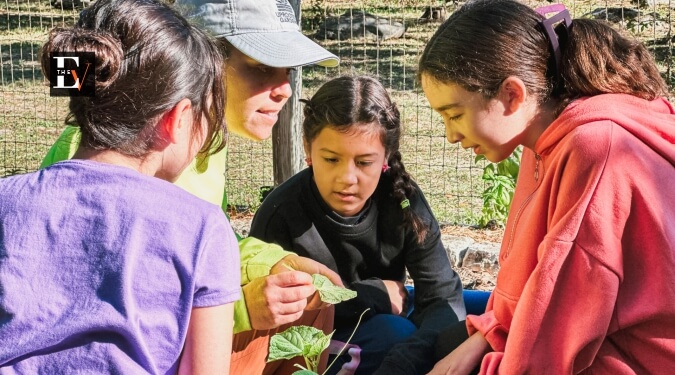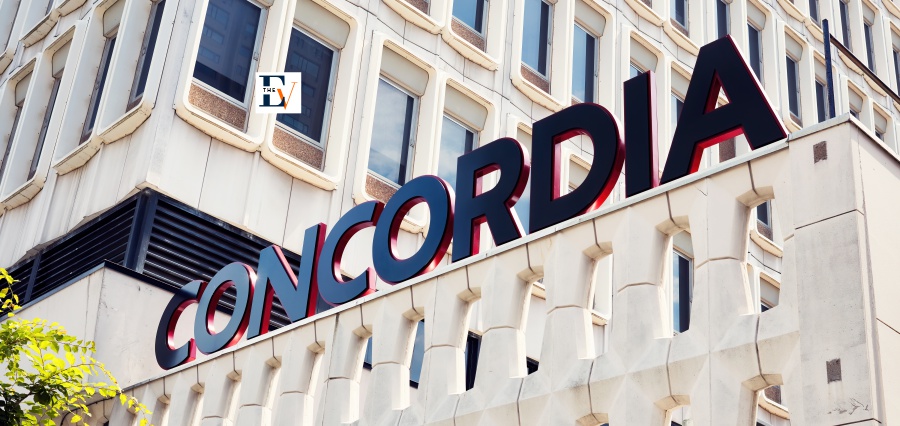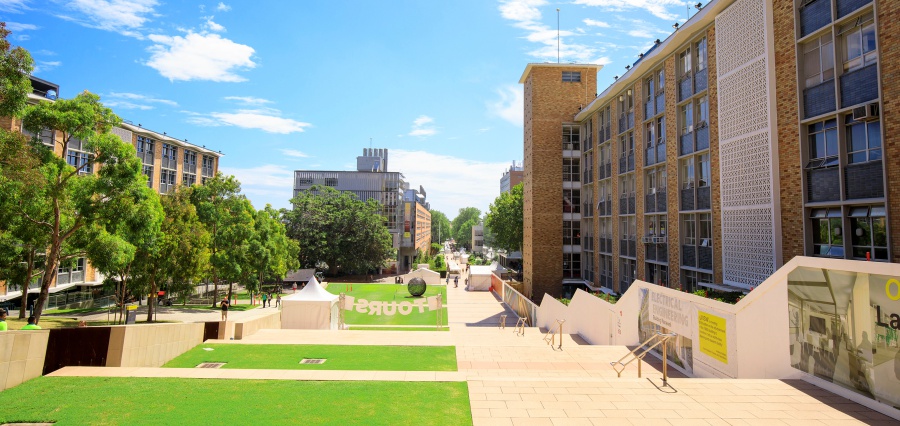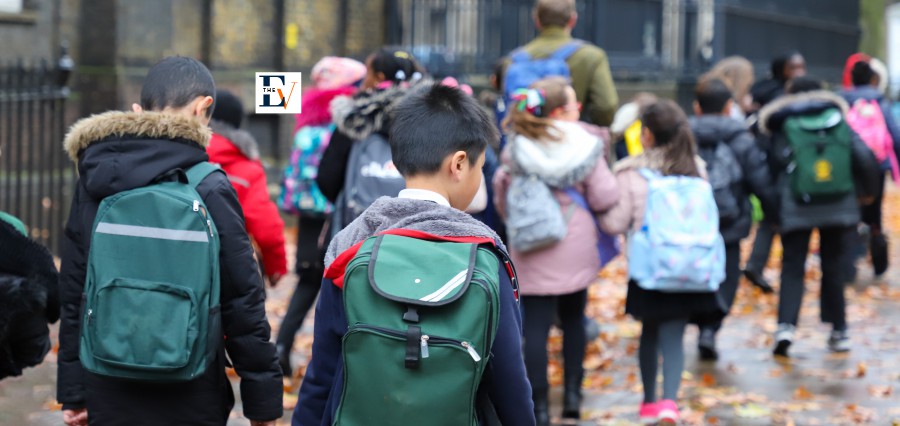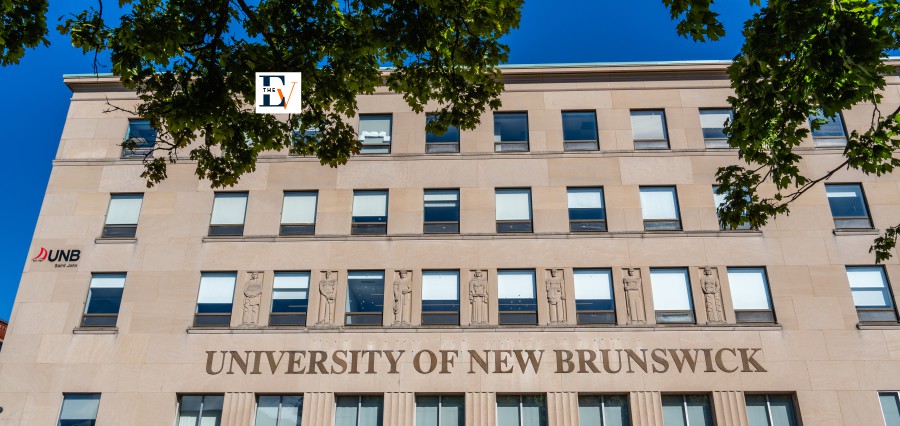Educational institutes play a vital role in the holistic development of children. Each institute has its path, challenges, and unique approaches to enhancing academic standards. These institutions impart knowledge and help shape young minds with essential skills like critical thinking, social and emotional intelligence, and creativity.
They provide a nurturing environment encouraging students to explore their potential, develop their talents, and follow their dreams. Educational institutes inspire students to embrace lifelong learning and equip them with the necessary tools to succeed in their chosen fields.
Under the uplifting guidance of Emily Lund, Head of School, the Montessori School of San Antonio (MSSA) stands out as an epitome of competence, student empowerment, and seamless growth in this field of learning.
The school started with one primary class of eighteen students, but in its first eight years, it grew to 74 students and expanded its curriculum to include lower elementary. The school’s initial name changed to The Judson Montessori School in 1982, and it became a nonprofit, tax-exempt corporation to increase the number of people who supported it.
JMS continued to serve more students each year by expanding its program into middle and upper elementary schools. The new campus at Rogers Ranch opened its doors in January 2000 thanks to the kind donations of the Rogers family and numerous San Antonio-area patrons. The 24-acre campus is lovely, roomy, and thoughtfully planned to support its exceptional, student-focused programs.
To better represent its standing among other Montessori schools in San Antonio and to avoid confusion with the Judson School District, the school renamed itself The Montessori School of San Antonio in 2008. The school constructed a Middle School building and a gym in 2016. The school’s enrollment increased from 270 in 2008 to a record-breaking 348 in 2018, primarily due to student retention in the upper grades.
The staff is ecstatic and grateful for their journey as the institute approaches its 50th anniversary. This accomplishment demonstrates its dedication to offering top-notch Montessori education. It looks forward to celebrating this noteworthy accomplishment and continuing its excellent service to the community and students.
Inculcating Love for Learning
Applying the Montessori philosophy to help students become enthusiastic learners, self-reliant thinkers, and involved citizens is the mission of The Montessori School of San Antonio. The school aims to establish itself as a leading Montessori institution in the United States, renowned for its dedication to both academic excellence and the complete development of each child.
A Sense of Community and Collaboration
The Montessori School of San Antonio uses a variety of activities to promote a strong feeling of community. Parents and students get together for a fun-filled evening at the institute’s Fall Family Festival. Family time and well-being are encouraged by the Family Fun Run. Classes are held on Grand Person’s Day, and a musical performance welcomes grandparents and special friends to the campus. The Hyatt Family Getaway is a chance to unwind and get to know other new and returning families.
The MSSA Gala brings parents together to support the school’s mission through fundraising and social activities. The Montessori Mornings also allows parents to interact firsthand with their kids’ learning environment.
MSSA also cultivates relationships that strengthen the community. A child receives individualized instruction from a teacher and assistant for three years in a mixed-age classroom due to the nature of the Montessori method. This links the teacher and the family and enables a close student-teacher relationship.
It is not unusual for a teacher to be acquainted with the child’s extended family and parents or guardians. Parent volunteer opportunities also foster the development of relationships. Parent volunteers are crucial in planning the events and collaborating with the teachers.
The three-year program with a single teacher also enables the students to form bonds with older and younger kids and other kids their age. Students develop a sense of belonging and familial bonds due to this relationship.
For parents and students, Montessori School of San Antonio fosters a lively and welcoming community through these activities and cultivated relationships.
Overcoming the Obstacles
For new teachers and assistants hoping to earn a Montessori credential, MSSA started funding Montessori training a few years ago. Maintaining the school’s culture while providing a succession plan for impending retirements or departures is made possible by having more qualified teachers in the classrooms.
The institute has also observed the ever-expanding number of charter and for-profit “chain” Montessori schools in San Antonio.
To enhance competitiveness, the institute revamped its website to cater more effectively to families seeking a private school in San Antonio. Its social media channels now prominently showcase the classrooms, engaging activities, and the distinctive Montessori method. In the digital realm, the primary goal is to spotlight the Montessori attributes of MSSA, compelling families to recognize the benefits of an authentic Montessori education from age three through eighth grade.
Forging the Best Teaching Techniques
After a lifetime of studying and working with kids, Maria Montessori’s methodology has stood the test of time. Institutes all around the nation are always searching for the best teaching strategies, and they frequently come back to the approaches that underpin Montessori education.
The method used by MSSA is to provide a Montessori curriculum that encourages children to learn by doing, exploring, and discovering while offering boundless intellectual challenges and emphasizing mastery. It accomplishes this, for example, by having a continuous work period. Giving students time allows them to concentrate intensely and enter the “flow state.”
The institute also cultivates a school culture that values each child’s unique gifts, fosters meaningful relationships, and honors diversity. All of which are essential for their academic growth beyond MSSA.
Crafting a Student-Centric Educational Set-up
At MSSA, every course is designed with students’ needs and developmental patterns at various stages of their lives in mind. Another advantage of the Montessori method is its ability to meet children’s diverse learning needs. This framework promotes individualized instruction, hands-on practice, and self-paced learning. It encourages self-directed exploration, allows children to learn through multiple senses, and supports a range of learning styles.
Rather than emphasizing memorization of the material, these attributes facilitate various skills and forms of expression. To maximize learning, MSSA also organizes a child’s day. Personalized attention and small group activities are part of the long, uninterrupted work periods that make up a school day. Classes like music, Spanish, and physical education that are prescheduled are set up to minimize disruptions to the main work period. The institute’s organizational structure is adaptable, enabling personalized lesson plans and extra assistance as required.
A Support System for Students
MSSA has researched social and emotional learning (SEL) in great detail. It used materials from The Collaborative for Academic, Social, and Emotional Learning (CASEL) to train faculty in the fall of 2020. A strong parent-led SEL committee convened monthly for the next two years.
MSSA and Yale’s Centre for Emotional Intelligence collaborated to implement the RULER approach in the winter of 2022. The acronym RULER stands for Recognizing Emotions in Oneself and Others, Understanding Emotions’ Causes and Consequences, Labelling Emotions with a Nuanced Vocabulary, Expressing Emotions Consistent with Social Context and Cultural Norms, and Regulating Emotions with Useful Strategies.
MSSA started RULER’s full implementation this year with an introduction to the tools during an in-service meeting for all faculty members. Additionally, it created a school charter that outlined expectations for how people should feel at school and how they should support one another in experiencing those feelings. This helped to develop and maintain positive emotional climates in the classroom.
One of the objectives stated in the institute’s charter was for employees to arrive at work feeling supported, happy, and at peace. Before the year began, during the annual retreat, the administrative team also drafted a charter. The executive team’s charter stated that they desired structure and open communication in addition to feeling content, prepared, safe, unified, and supported. The institute holds regular “charter checks” for the administrative team, and meeting time has been set aside for levels to learn more about RULER tools relevant to their grade levels.
Along with implementing the RULER method, the Middle School advisory focus supports eighth graders’ transition to high school each quarter by emphasizing executive function, goal-setting, and self-management skills.
Additionally, the school hired Healthy Futures to teach fifth and eighth graders about puberty and sex and prevention solutions to teach students about alcohol and other drugs. Students can learn about healthy relationships and make responsible decisions using these new programs.
Through SEL, MSSA creates a support network that goes beyond the classroom. MSSA actively promotes social welfare among students by elevating social skills, emotional intelligence, and responsible decision-making. This helps students prepare for academic and real-world challenges outside the classroom.
The Gift of Happy Childhood
MSSA provides fantastic facilities for students; it supports them academically and emotionally and encourages them to experience life-altering things, making their school life memorable.
To integrate sustainability and environmental education into its curriculum, the institute is committed to integrating sustainability and environmental education into its curriculum and campus. It is situated over an aquifer and provides a unique opportunity for students to learn about the importance of protecting water sources and local ecosystems. This institute encourages hands-on learning on the nature trail, where students can explore and appreciate local flora and fauna.

